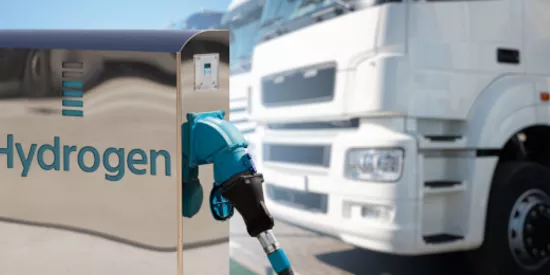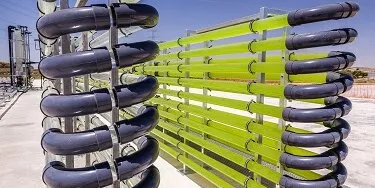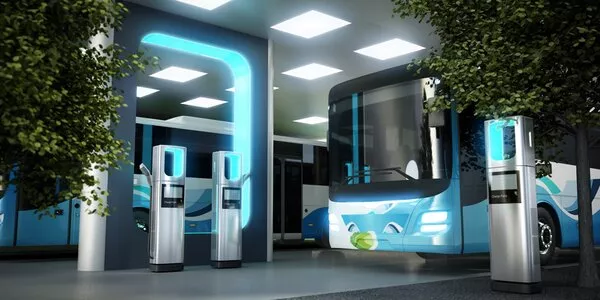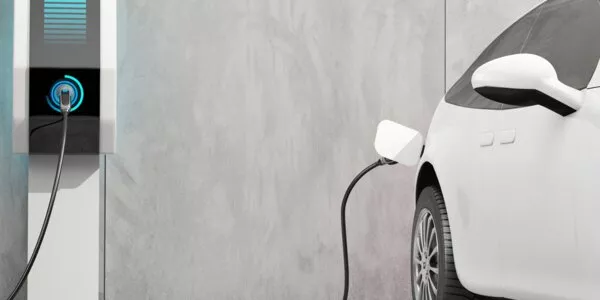
India’s big step towards cleaner energy
As part of its Paris Agreement commitments, India said it would produce 100 GW of solar energy by 2022 and has an overall goal for renewable energy production of 450 GW by 2030.
That’s a lot of clean energy that will go towards helping India turn the corner in its fight to curb its output of greenhouse gasses. To illustrate the magnitude of the change and what it means for ridding India’s skies of CO2, think of just 1 GW of energy matching the output of roughly two standard-sized coal-fired power plants. And that 100 GW of power from the sun produces enough energy to run 75 million homes.
Azure Power, which developed India’s first industrial scale solar power plant in India in 2009, is helping India meet its ambitious goal for solar power. Recently, Azure was commissioned by the Solar Energy Corporation of India to build and operate a new 300 MW solar project in Rajasthan. This project will add to Azure’s current pan-India portfolio of solar farms that total 7 GW of energy.
Societe Generale is supporting the new solar project by virtue of its relationship with the Caisse de dépôt et de placement du Québec (CDPQ), a global investment group that has a majority stake in Azure Power. Over the years, the Bank has advised the CDPQ and provided financing for several of its renewable energy projects.
For Azure’s Rajasthan solar project, Societe Generale acted as Mandated Lead Arranger, Original Lender, Letter of Credit Issuing Bank, Hedge Provider, and Account Bank and Authorized Dealer Bank in the USD163m project financing that supports the project. The Project is certified as a Green Loan by the Climate Bonds Initiative.
“This project is rewarding for a number of reasons,” said Olivier Akian, who leads the coverage of financial institutions for Societe Generale in Canada. “We are at the forefront of a lot of renewable projects, but this one is uniquely satisfying because it helps India’s population secure clean, dependable energy while at the same time giving the country a real boost in meeting its climate goals.”
In Rajasthan, India’s largest state, renewable energy has been instrumental in providing electricity to 100% of its population. As recently as 2015 only 71% of the population was connected.
Azure’s solar projects are also helping Rajasthan budget better for energy. Because solar power generation does not rely on fossil fuels, the electricity prices are insulated from the volatility of commodity pricing.




